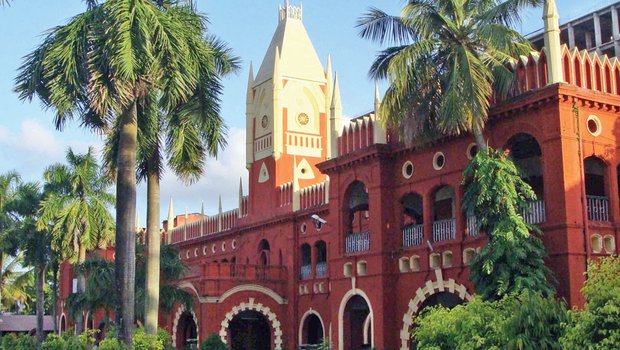Uttering one's caste suddenly during an altercation would not attract SC/ST Act unless intention is to insult victim: Orissa High Court

In the present case, during an altercation between the accused persons and the complainant, the accused had made caste realated abuses against a third person who had come to the rescue of complainant. However, the alleged victim did not file any complaint against those remarks.
The Orissa High Court recently observed that if someone is abused with the name of his caste or the caste is uttered suddenly during an altercation, by itself, it would not be sufficient to hold that any offence under the SC and ST (PoA) Act is made out unless it is prima facie established that the accused's intention was to insult or humiliate the victim for the reason that he belongs to Scheduled Caste or Scheduled Tribe.
The bench of Justice RK Pattanaik was hearing a petition that had been filed challenging the order of cognizance passed on the chargesheet submitted under Sections 241, 294, 323 and 506 read with Section 34 IPC and Sections 3(1)(r)(s) & 3(2)(va) of SC and ST (PoA) Act and the consequential order whereby, Sessions Judge, Khurda at Bhubaneswar had issued NBWAs against the petitioners.
The petitioners argued that in the case at hand, no case was made out far less an offence under Section 3 of SC and ST (PoA) Act, and hence, the same was liable to be interfered with and quashed.
The case had been filed on 19 May 2017 on the basis of a complaint wherein it was alleged that the complainant was returning home when he was abused in filthy language, assaulted and terrorized by the petitioners and others. The complainant alleged that during and in course of the incident, mischief was committed involving caste aspersion vis-à-vis the person, who had come to rescue him.
However, the petitioners alleged that they were in no way connected with the alleged incident, and due to political rivalry, a false case had been foisted against them.
The counsel for the petitioners contended that the complainant was not the victim but the complaint was filed at the behest of a third party, who was a witness to the alleged incident and hence, the offences under Sections 3(1)(r)(s) & 3(2)(va) of SC and ST (PoA) Act were not made out, inasmuch as, the person, who was supposedly affected and against whom the caste aspersion was said to have been directed never complained.
That apart, the alleged offences under the Special Act are not established since there was no intentional insult or intimidation to the alleged victim to humiliate him for being a member of SC or ST, the counsel asserted.
Court observed that from the facts of the case, it appeared that name of the caste had been uttered by the petitioner-accused during the alleged occurrence but it was at a time when the witness tried to intervene and rescue the complainant.
"It was on the spur of the moment that the incident happened, in course of which, the alleged abuse was hurled at the witness, whose caste name was uttered by one of the petitioners. To claim that it was with an intention to insult or humiliate the witness present at the spot and the alleged offences under the Special Act are committed would be like stretching things too far and unjustified," the court held.
Further, court referred to the Top Court's ruling in Hitesh Verma Vrs. State of Uttarakhand and Another wherein it was held therein that the offence under the Special Act is not established merely for the fact that the victim is a member of Scheduled Caste without any intention to humiliate him.
In view of the same, court held that there was no escape from the conclusion that in the case at hand, the offences under the Special Act were not established prima facie, more fully when the witness did not register any complaint or lodge a report he being not related to the complainant.
As to the other offences, Court held that on a reading of the FIR, it appeared that the complainant was intercepted and the petitioners and the other accused had snatched away gold and cash from him. Therefore, court held that a case was prima facie made out against the petitioners for enquiry and trial.
Accordingly, court partly allowed the petition and set aside the order of the Sessions Judge to the extent of charges under Sections 3(1)(r)(s) & 3(2)(va) of SC and ST (PoA) Act.
Case Title: Ajay Pattanaik @ Ajaya Kumar and Anr v. State of Odisha and Anr
